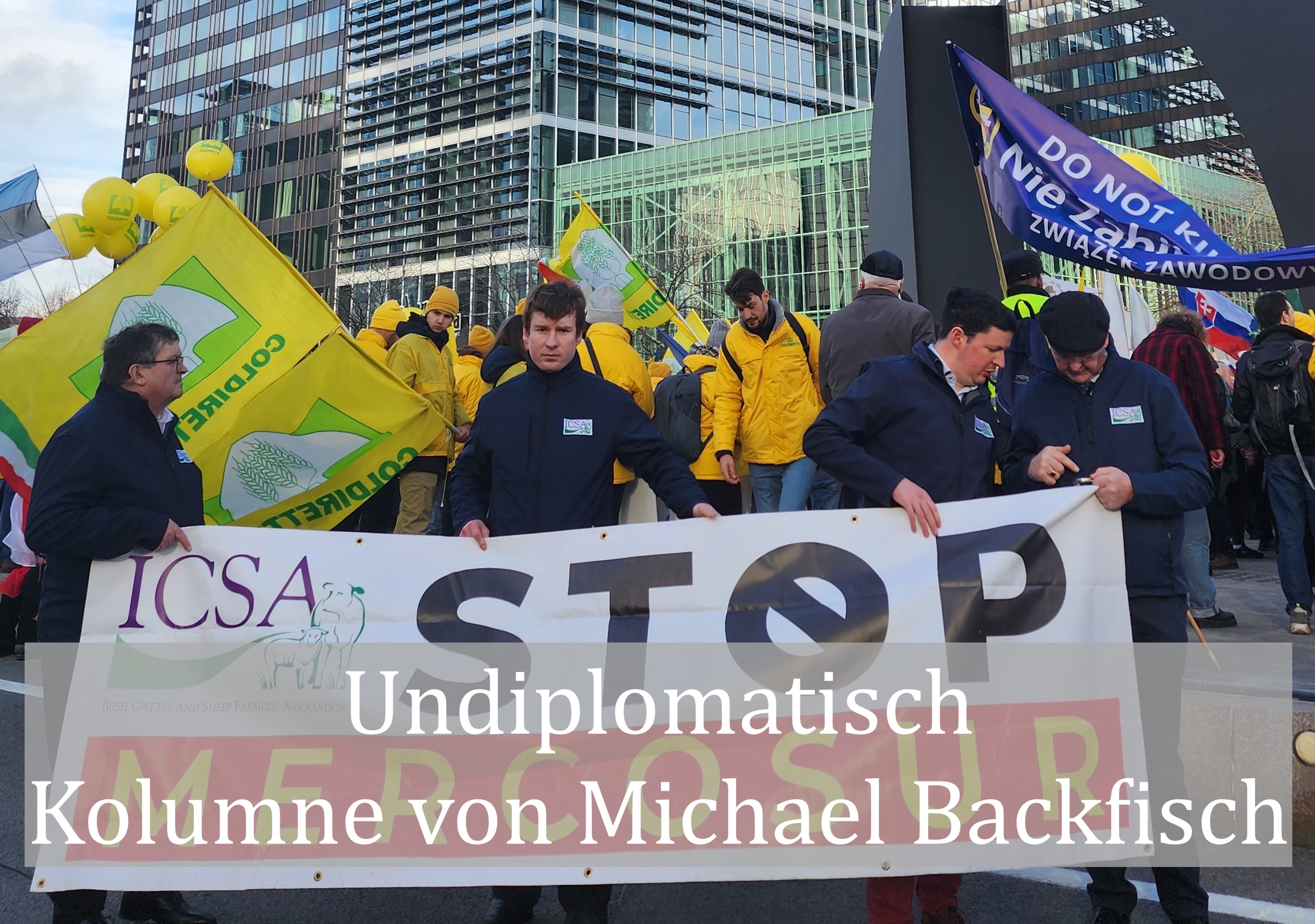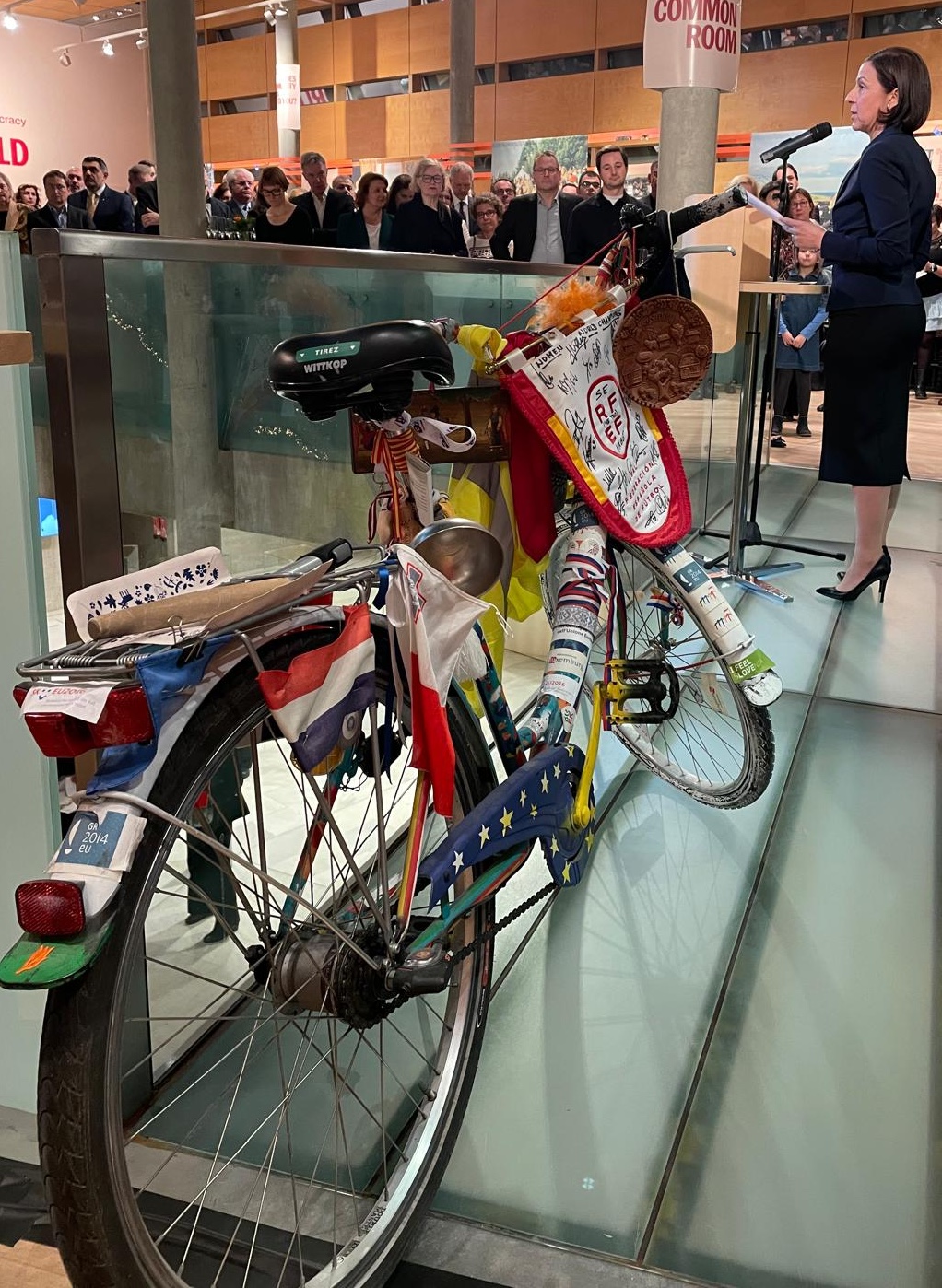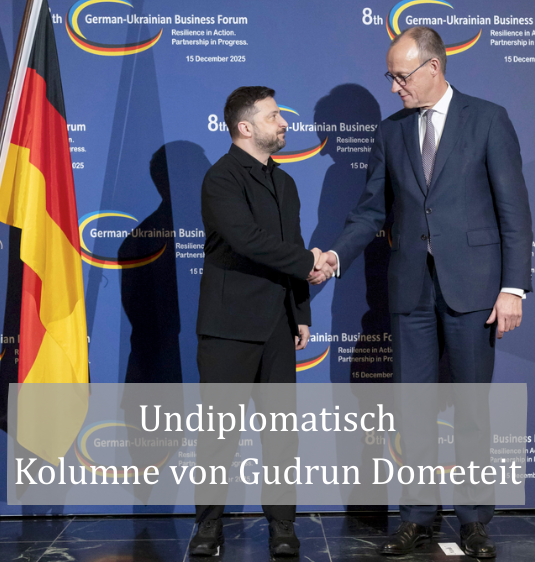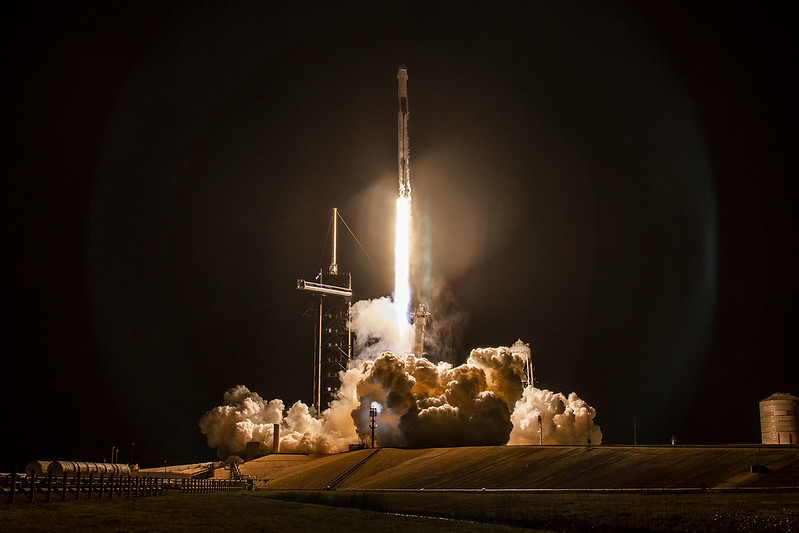diplo.news
Heusgen warns of a threat to democracy due to social media

The Chairman of the Munich Security Conference (MSC), Christoph Heusgen, believes that the growing influence of social media on politics is a dangerous development that is still not being addressed enough. “We must be careful not to jeopardize our democracy - in the name of what I see as a very abbreviated freedom of opinion,” said Heusgen at the korrespondenten.cafe in Berlin on Monday. The former foreign policy advisor to Chancellor Angela Merkel was referring in particular to attempts by Trump confidant Elon Musk to influence the German parliamentary elections in February via his Platform X.
The fact that an “American oligarch” is interfering in this way is possibly a new phenomenon. Conflicts between the European Union and the USA on this topic are inevitable, alongside other disputable issues such as trade, security and climate. The EU's Digital Services Act requires large online platforms to have mechanisms in place to combat illegal content. However, Meta has just started to abandon fact-checking in the US. “Instead of following the EU, the US is going in the opposite direction,” said Heusgen. And great pressure is already being exerted on Europe to repeal the Digital Services Act.
Transatlantic relations following the takeover of the presidency by Republican Donald Trump on January 20 are among the focal points of the 61st Munich Security Conference from February 14 to 16. According to Heusgen, he is optimistic that representatives of the new US government and a large congressional delegation of Democrats and Republicans will attend. The new Vice President J.D. Vance and the new Foreign Minister Marco Rubio had both already attended the Security Conference as senators.
In addition, the renowned international conference is dedicated to European security and the role of the “global South.” According to Heusgen, a quarter of the participants now come from there. Developments in Syria following the fall of the Assad regime are discussed as well as the Ukraine conflict, but also forgotten or ignored conflicts such as the one in Sudan, where, according to the MSC leader, there is the “world's biggest crisis” with eleven million refugees.
Heusgen, who was also German ambassador to the UN, emphasized how important the UN Charter was as a basis for foreign policy action, but that there was an erosion of the international order due to double standards. When you hear now that the upcoming US president also wants to incorporate Greenland and the Panama Canal militarily if necessary, you ask yourself whether he has heard anything about the UN Charter before. In the Ukraine-Russia conflict, the former diplomat did not rule out the future deployment of an international peacekeeping force, including a UN mission.
Heusgen described a fundamental dilemma about the role of diplomacy in the face of the many simmering crises. One of the major challenges is to explain where it really worked. “When you see conflicts on the horizon, you often don't get the resources you need to change something, because politicians' attention only really increases when there actually is a conflict.” As an example, Heusgen cited the German efforts for a UN Security Council resolution that would have mandated the UN to address potential disputes due to water scarcity or migration due to climate change. This failed because of the first Trump administration, which said that there was no climate change and therefore no problems. And Russia, which did not want this extended concept of security to be on the agenda. However, conflict prevention, which diplomats have been working on for generations, is important. “Diplomacy has eyes and ears all over the world. ”
The next security conference in Munich will be the last under Heusgen, succeeded by long-standing NATO Secretary General Jens Stoltenberg.


gd




